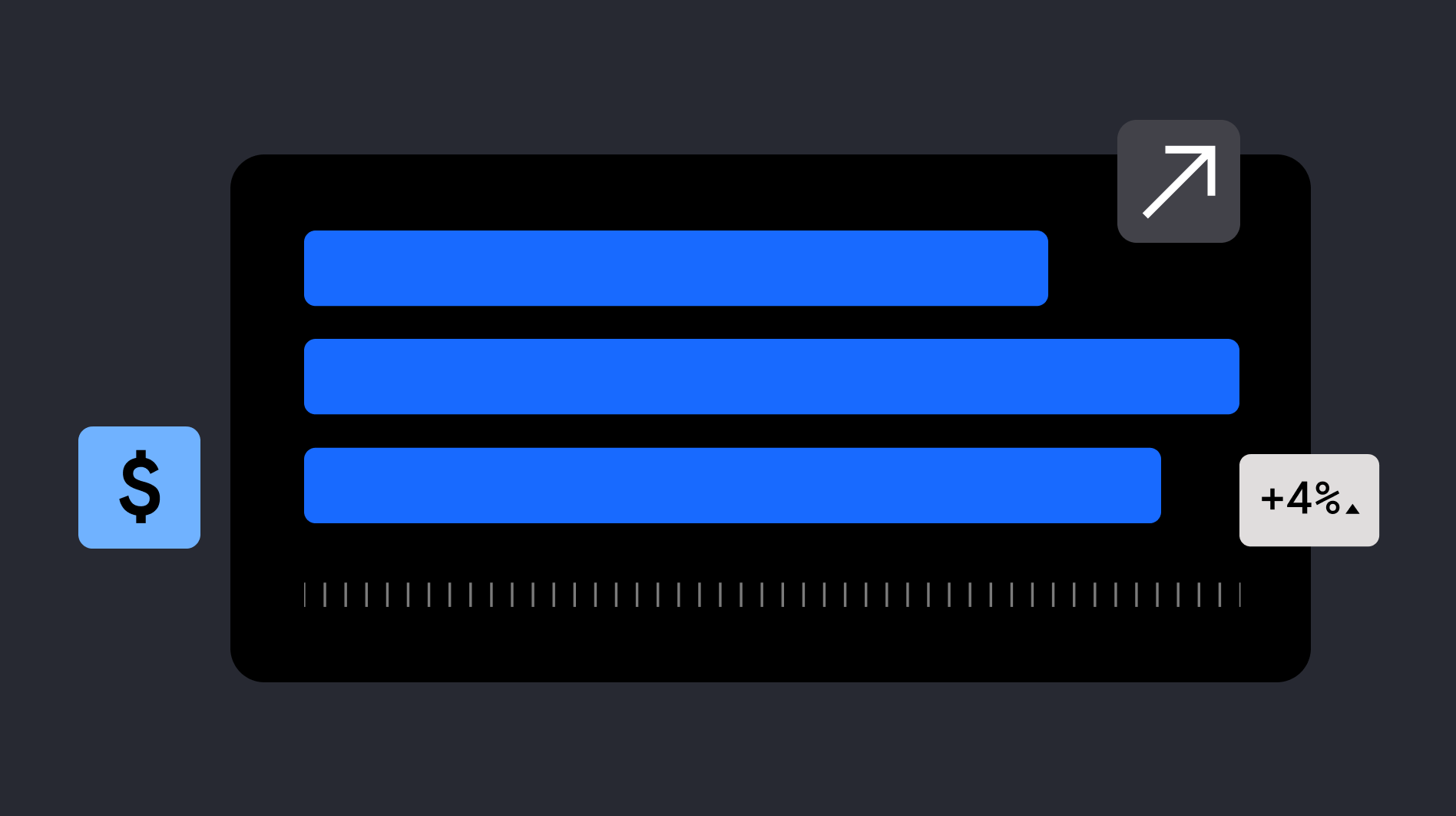In payment processing, a settlement delay refers to the time it takes funds, following a transaction, to be available in the recipient’s account.
Let’s say you run an online business, and you sell an item for $100 on Monday. However, the funds – though they may show up in a ‘pending’ or ‘processing’ state in your account – aren’t yet available for use by your business until Thursday. This is a settlement delay of three days.
Below, we’ll discuss how settlement delays work in financial transactions – plus some common settlement delay causes and examples.
We’ll also provide our expert advice for avoiding settlement delays – and minimising the knock-on effect they can have on your business’s cash flow and operations.
How settlement delays work in financial transactions
Generally, settlement delays are simply an accepted part of the payment lifecycle. After all, a payment must go through several steps – from initiation and authorization to processing and clearing – before the funds can be settled and made available to your business.
What’s more, this process may involve multiple entities: including different banks, financial institutions, and payment processors. Typically, each one has to run a payment through its own internal processes and systems, and satisfy its own checks and balances, before it can do its bit to move the transaction on.
Given all this, some settlement delay is expected – and, indeed, nothing to worry about.
That said, sometimes settlement delay can be related to an issue: be it technical, operational, or regulatory. Let’s take a look at some of the reasons that could be delaying settlement of your payment.
Causes of settlement delay
So – why does settlement delay happen?
- Technical issues: system outages, connectivity problems, or glitches in the payment processing infrastructure can all cause a longer-than-normal settlement delay.
- Regulatory compliance: to remain on the right side of anti-money laundering (AML) regulations and safeguard customers and businesses from fraud, financial institutions must conduct a number of checks: reviewing each transaction for risk purposes and potential red flags. While they’re there to keep your business – and your money – safe, these systems can also cause settlement delay.
- Batch processing: many financial institutions process transactions not individually, when they occur, but in batches – grouping them together to process them in bulk at scheduled intervals. If a transaction just misses the cut-off time for the last batch, a settlement delay can occur as it waits for the next one.
How long can settlements be delayed
As we mentioned, some settlement delay is to be expected. Typical settlement delays for different payment methods include:
- Credit card: up to seven days (dependent on country)
- Bank transfer: up to three days
- PayPal: up to three days
- Klarna: up to three days
- Afterpay: up to 28 days
If a settlement delay takes any longer, it could indicate that something’s gone awry in the process. Which, of course, can have serious financial implications for businesses.
Prolonged settlement delays can have a damaging impact on merchants, including:
- Cash flow issues: if funds aren’t settled within a reasonable timeframe, businesses that require those funds to pay their overheads and bills – to suppliers and employees, for instance – could struggle.
- Missed opportunities: similarly, a settlement delay-induced lack of cash flow can result in businesses being unable to take advantage of opportunities to grow, invest, or make the most of time-sensitive offers (all of which require cash liquidity).
- Exposure to risk: settlement delays can make businesses vulnerable to exchange rate fluctuations and unfavourable currency conversions. Worse still, the uncertainties longer settlement delays create can increase the risk of disputes and fraud.
Examples of settlement delays
Settlement delays often happen in international transactions – especially ones operating in different time zones.
Plus, with business hours, weekends, and holidays all to consider, cross-border payments throw up more than their fair share of geographical and logistical challenges.
If, for example, a wire transfer is initiated by a company in France to an organisation in the US – but towards the end of the French business day – it may end up falling outside of the operating hours of the correspondent French banks involved in the transaction.
This would delay settlement to the next day. After which the US banks (operating, of course, several hours behind) need to get involved to fulfil their side of the compliance and clearance conversation. It can be a hassle. But fortunately, Checkout.com’s international coverage solution goes a long way towards minimising these frustrating delays.
We’ll help you process payments in over 150 currencies, and settle in almost 20 – cutting down on associated delays, and limiting your exposure to the vexing vagaries of international exchange rates and currency conversions.
And, with expert help on the ground of the country you’re based in – plus the ability to offer your customers the ability to pay their way, in their local currency, with no foreign transaction fees – it’s a good deal. For all involved!
Ways to minimise settlement delays
Settlement delays aren’t avoidable. But there are ways to minimise them – and, in doing so, mitigate their impact on your business, brand, and bottom line. These include:
- Automating your key processes: by automating key parts of your payments infrastructure, and integrating it with other aspects of your financial setup, you can reduce the element of human error that can creep into the process and cause delays.
- Collecting the right documentation: by retaining accurate and complete transaction information – including invoice information, account details, and payment references – you can reduce errors and discrepancies that could lead to settlement delays.
- Selecting the right payment methods: when it comes to settlement delays, not all payment methods are created equal. So opt for faster payment methods – real-time payments being the quickest – to minimise delays and their impact on your cash flow.
How Checkout.com can help you with avoiding settlement delays
There’s one more way of minimising settlement delays we didn’t mention above: ensuring the technical infrastructure and systems you use to collect payments from customers is the very best it can be. And, to do that, you’ll need the best partners.
Some of the payment lifecycle is, of course, out of your hands (and in the lap of banks and financial institutions). But the payment processor you choose is well within your control.
At Checkout.com, our payment processing product empowers you to process debit and credit card payments online – anywhere, anytime, and through a number of local payment methods.
We’ll also help improve your authorization rates. Ensure you’re meeting all the relevant regulatory compliance procedures. And, most importantly, settle funds to your bank account with as little delay as possible.







%20v1.jpg)


.png)

.png)



